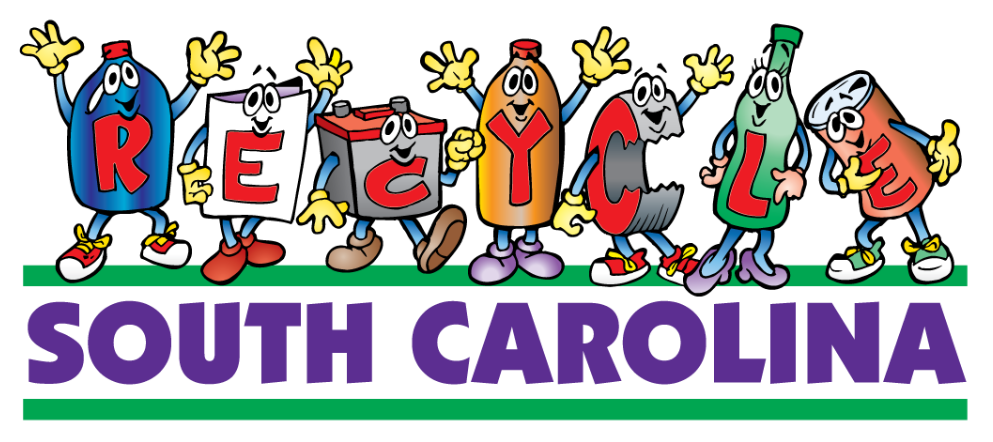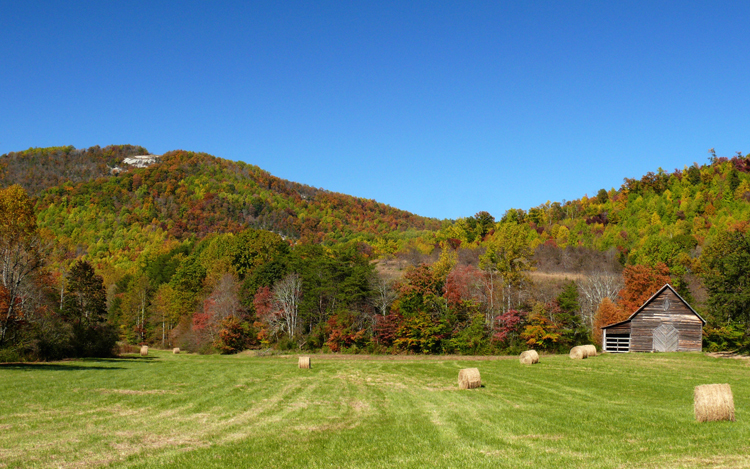Charleston, the historic gem nestled along the southeastern coast of the United States, has long been revered for its charm, antebellum architecture, and rich cultural heritage. However, pollution is not absent from Charleston and South Carolina in general. It is time to defeat this scourge and the local government is working on it.
A new process to combat chemical water pollution
Ameican scientists are experimenting with a water treatment solution to eradicate chemicals. The new approach could also help eliminate pharmaceutical residues and microplastics.
The University of Charleston has achieved a major breakthrough in water treatment technology by developing a method to remove per- and polyfluoroalkyl substances, also known under the name forever chemicals. Harmful chemicals found in various consumer products and cause considerable environmental and health risks.
What are they coming from
These harmful chemicals have been widely used since the 1940s. They are found in products such as cosmetics, sunscreens, non-stick cookware, stain-resistant products and even firefighting foams. In most cases of contamination, exposure is through food and consumer products, but individuals can also be exposed through drinking water, particularly if they live in areas where water sources are contaminated.
Indeed, due to their persistent nature and resistance to decomposition, they accumulate in the environment and enter water sources, leading to health risks. Among them: cancers, hormonal imbalances or even weakening of the immune system. As concerns grow about long-term effects, the solution could help protect water sources, ensuring access to cleaner, safer water by rendering substances harmless.
Remove contaminants from water
Until now, traditional water treatment methods deployed in homes and industry using activated carbon and ion exchange systems have proven ineffective against these hazardous chemical. To eliminate them, team of researchers designed an adsorbent material capable of trapping and retaining the chemical present in water.
They are then destroyed using a process called electrochemical oxidation. The technique involves applying an electric current to water, which generates highly reactive hydroxyl radicals which have the effect of oxidizing and neutralizing PFAS molecules. In addition to combating hazardous contamination, this new water treatment approach could also help remove other harmful contaminants from water sources, such as pharmaceutical residue and microplastics.
The new process has shown promising results in laboratory testing, successfully removing up to 99.9% of chemical from water samples. Researchers are currently working on scaling the technology. One assistant professor at the School of Engineering highlighted the importance of the breakthrough, saying the technology is a thousand times better than conventional filtration methods.
He also explained that the method developed is more efficient, faster and more cost-effective than existing solutions for the elimination of dangerous chemicals. Our adsorbent media capture up to 99% of particles and can also be regenerated and potentially reused. This means that when we remove chemicals from these materials, we are not left with more highly toxic solid waste that will pose another major environmental challenge.




